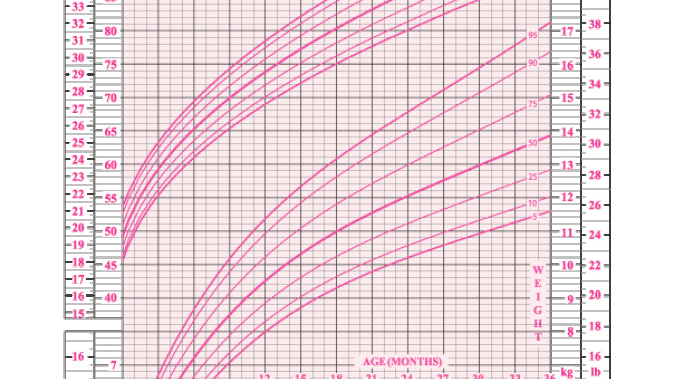Family-Based Maudsley Therapy Is Not a Do-It-Yourself Approach
There is a mistaken idea out there that Maudsley treatment for eating disorders is something parents can just decide to do without professional support. While I know families who do take on the re-feeding (weight restoration) responsibilities, I think it is important to keep in mind that this is only one part of the approach, and why it works well for so many families.
mental illness - Eating Disorder Recovery
Recognizing When The Patient - Or the Team - Isn't In Control
Because I'm so big on getting parents to get engaged and be empowered to support an eating disorder patient to full recovery, it is hard to talk about the other side of this: letting go. But that is part of the picture, too.
I complain a lot about the lack of common ground out there about eating disorders. There are theories posited in conversation and in the press and even in refereed professional journals giving definitive, yet unfounded theories on the causes of eating disorders. So, why the lack of common ground?
I don't think it is deliberate, or a hidden agenda, or anyone's greed or carelessness. I think it is JUST COMPLICATED.
Good Question...Complicated Answer
As a big fan of evidence-based treatment of illness, the first question I get is "what does that MEAN?"
When your son or daughter has been diagnosed with anorexia or bulimia or another eating disorder your job description gets a lot longer: now you are a nurse, a researcher, a record-keeper, a team leader, a cheerleader, the chauffeur, and the sounding board for an illness your child probably doesn't believe exists. You are in charge of food, activities, and treatment prescriptions and all while you are on a steep learning curve you hadn't expected. (Read: Finding An Eating Disorder Treatment Specialist) This is a good time to "let things go."
I encourage parents to step up early and with urgency when a child has an eating disorder. Sometimes, for various reasons, this encouragement gets me into trouble.
I'm an optimistic person and an activist by nature. I'd rather talk about what we, as parents, CAN do than what NOT to do. But sometimes doing less is not only best, it is lifesaving.
What happens when a clinician tells our child to do something we don't agree with? This is confusing for children, at times, and for us! The reality is that when we take our child to consult with a professional, we are engaging in co-parenting at some level. Another adult is telling our child what to do. But, at times, these instructions are in opposition to our guidance, and that great friend of eating disorders -- triangulation -- gets a boost.
Back in 2002, when I first started learning about eating disorders, it was rare for the media to mention genetics. Now it is rare for it not to be mentioned. But how much further are we on this? The idea of a genetic predisposition to eating disorders still causes a range of reactions: from relief to ridicule.
When most people think of anorexia, they think of weight loss. But often the first clue isn't losing weight, it is a child failing to gain expected weight.









